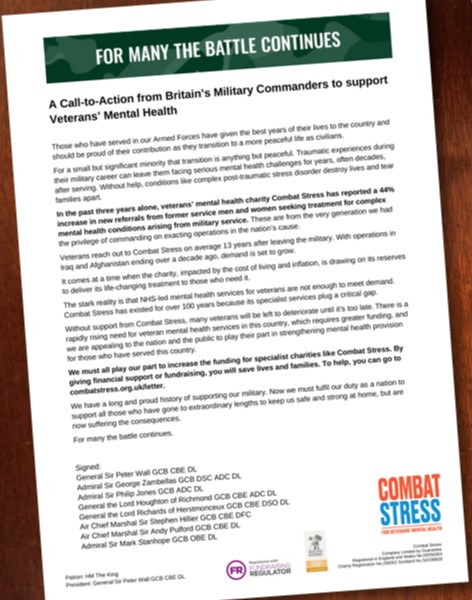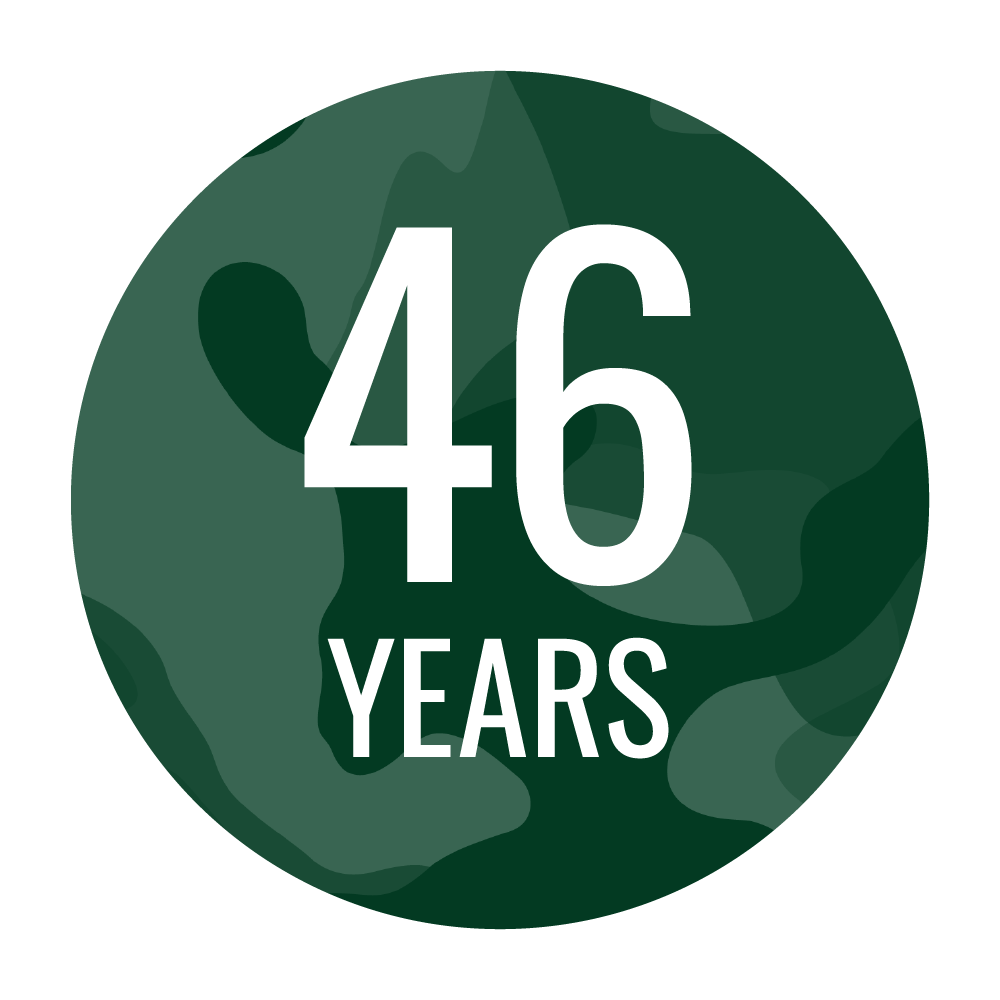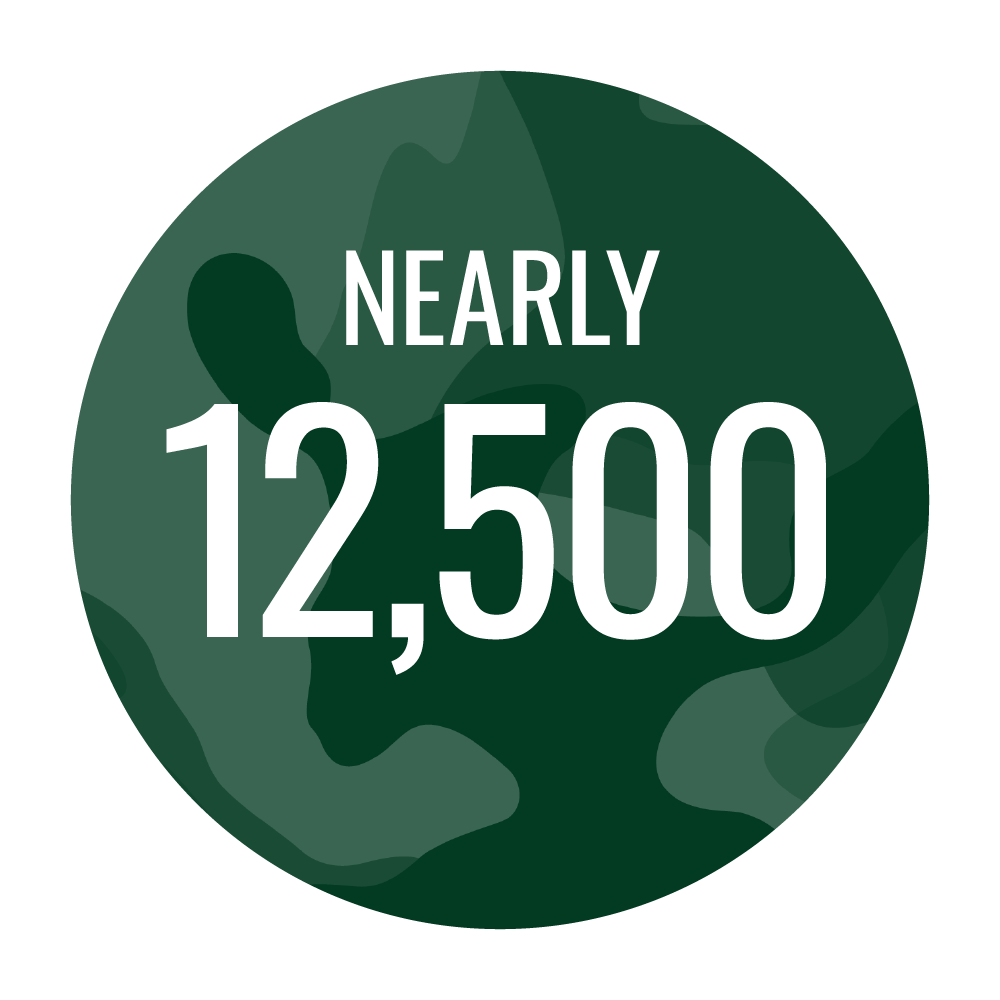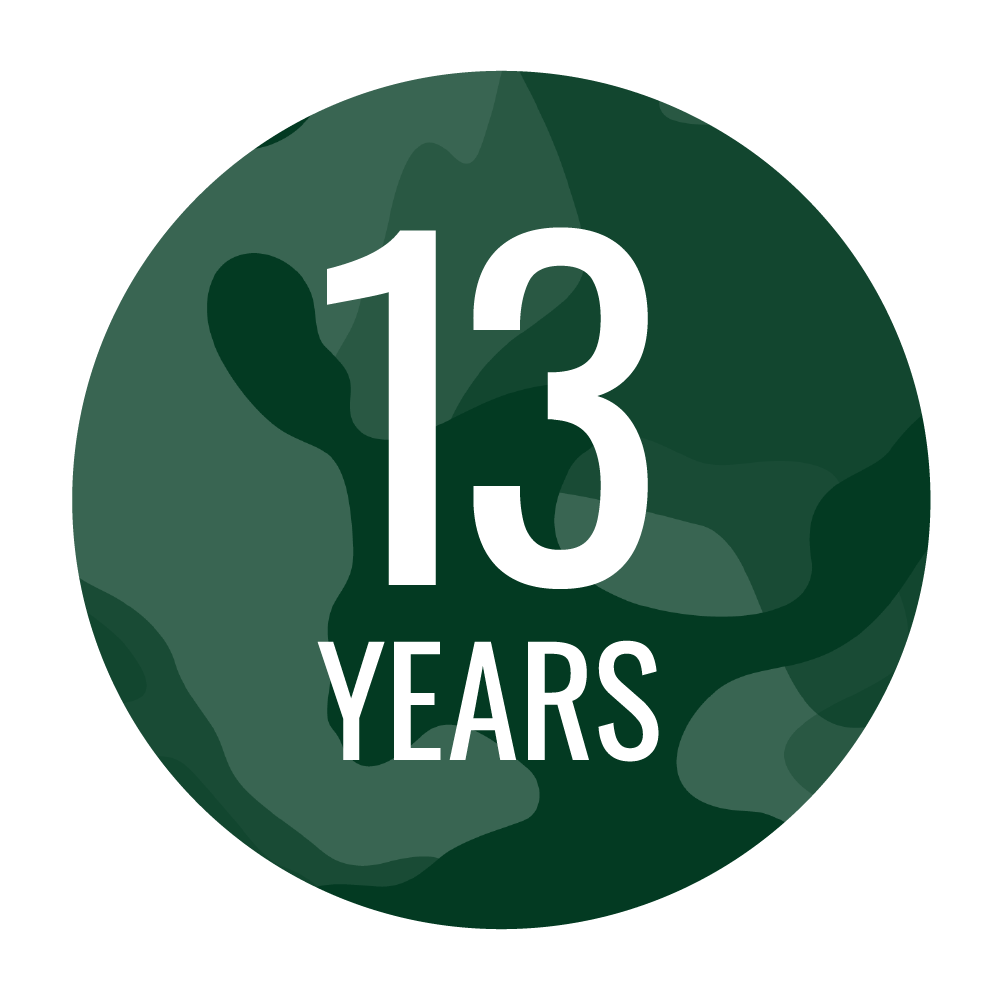For Many the Battle Continues
FOR MANY THE BATTLE CONTINUES
WHO WE ARE AND WHAT WE DO
Combat Stress was founded over a hundred years ago just after the end of First World War to treat what was then known as ‘shell shock’. Since then, treatment for PTSD has changed enormously. But the mental health problems that former servicemen and women can face are as relevant as ever. Our role today is to help those with some of the most complex mental health challenges resulting from their experiences during military service. We provide the only intensive mental health treatment service to UK veterans.
When some military personnel leave service, their experiences can’t easily be left behind, and without treatment, psychological trauma can eventually tear lives apart. Combat Stress deliver life-changing treatment, bringing together professionals with specialist focus to meet individual needs. Helping them on their journey to recovery, giving veterans the tools to manage their mental health. It’s a service that thousands depend on. No one else does what we do.
We support veterans from every service and every conflict.
Our proven specialist treatment can transform lives, helping veterans to tackle the past and take on the future.
HOW TO GET INVOLVED
INDIVIDUAL SUPPORTERS
CORPORATE PARTNERS
NATIONAL VETERANS FORUM
Find out more
Army veteran, Julian.

Julian joined the Army a week after his 16th birthday and saw active service in the Falklands two years later. A gunshot wound to his leg limited his service career and he left the Army after six years due to ongoing physical health problems.
Back on Civvy Street, Julian became a secondary school teacher but his behaviour was erratic. “I drank heavily, was aggressive and often got into fights when I was out,” he says. “I didn’t think anything was wrong and friends just thought it was the way I was.”
Julian’s partner pointed out his erratic behaviour, but he couldn’t see it. “I had many more years of denial ahead of me,” he says.
After hearing about Combat Stress at an Army reunion, 25 years after he went to the Falklands Julian sought our help. “Treatment isn’t a magic wand,” he says. “I still have horrible feelings but, thanks to Combat Stress, I now have the armoury to do something in the here and now to help myself.”
Army veteran, Simon

Simon’s life-long dreams of joining the Army became a reality in 1999 when he left the Royal Sandhurst Military Academy and joined the Kings Own Scottish Borderers regiment. In 2003 he was deployed to Iraq - his experiences there changed his life.
Simon spent another 10 years in the Army, before being made redundant in 2013. Once back on Civvy Street he started to struggle. Simon became angry and fractious in his relationships and retreated into himself, avoiding friends and family. “I felt like I was on my own, I didn’t have anyone around me that I could talk to,” he says.
This went on for years until in 2022 a veteran colleague at work suggested speaking to Combat Stress. Simon looked on our website and realised he needed help. “I called the Helpline and the advisor was amazing,” he says. “She immediately took me down from this feeling of ‘I can’t go on, I’m losing my family, I’m better off elsewhere’ to realising I wasn’t alone, and people could help.”
Simon says our treatment has helped him enormously. “I can manage my anger a lot better and I’m moving forward again,” he says.
President of Combat Stress General Sir Peter Wall, GCB CBE ADE Gen, said:
A Call-to-Action from Britain’s Military Commanders to support Veterans’ Mental Health

Those who have served in our Armed Forces have given the best years of their lives to the country and should be proud of their contribution as they transition to a more peaceful life as civilians.
For a small but significant minority that transition is anything but peaceful. Traumatic experiences during their military career can leave them facing serious mental health challenges for years, often decades, after serving. Without help, conditions like complex post-traumatic stress disorder destroy lives and tear families apart.
In the past three years alone, veterans’ mental health charity Combat Stress has reported a 44% increase in new referrals from former service men and women seeking treatment for complex mental health conditions arising from military service. These are from the very generation we had the privilege of commanding on exacting operations in the nation’s cause.
Veterans reach out to Combat Stress on average 13 years after leaving the military. With operations in Iraq and Afghanistan ending over a decade ago, demand is set to grow.
It comes at a time when the charity, impacted by the cost of living and inflation, is drawing on its reserves to deliver its life-changing treatment to those who need it.
The stark reality is that NHS-led mental health services for veterans are not enough to meet demand.
Combat Stress has existed for over 100 years because its specialist services plug a critical gap.
Without support from Combat Stress, many veterans will be left to deteriorate until it’s too late. There is a rapidly rising need for veteran mental health services in this country, which requires greater funding, and we are appealing to the nation and the public to play their part in strengthening mental health provision for those who have served this country.
We must all play our part to increase the funding for specialist charities like Combat Stress. By giving financial support or fundraising, you will save lives and families. To help, you can go to donate.combatstress.org.uk/battlecontinues
We have a long and proud history of supporting our military. Now we must fulfil our duty as a nation to support all those who have gone to extraordinary lengths to keep us safe and strong at home, but are now suffering the consequences.
For many the battle continues
Signed:
General Sir Peter Wall GCB CBE DL
Admiral Sir George Zambellas GCB DSC ADC DL
Admiral Sir Philip Jones GCB ADC DL
General the Lord Houghton of Richmond GCB CBE ADC DL
General the Lord Richards of Herstmonceux GCB CBE DSO DL
Air Chief Marshal Sir Stephen Hillier GCB CBE DFC
Air Chief Marshal Sir Andy Pulford GCB CBE DL
Admiral Sir Mark Stanhope GCB OBE DL
Join Our Mailing List
We must each play our part in ensuring the future of specialist mental health support is protected for the very men and women who have served this country. By giving financial support or fundraising, you will save lives and families.

Average age of veterans we treat

Number of veterans benefited from our help in past twelve months

Average time taken for a veteran to seek help

VETERAN KEVIN SHARES HIS STORY
Watch as Army veteran Kevin shares how his experiences as a combat medic in Afghanistan led to him developing PTSD, which threatened to destroy his life until our specialist mental health treatment changed everything for him.
Please note that this film contains sound effects of children playing, crowd noises and a description of the aftermath of a mass casualty event that included children.
LISTEN TO THE RADIO COMMERCIALS
